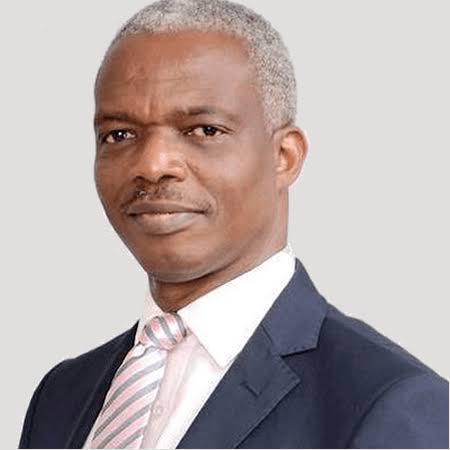President Muhammadu Buhari on Tuesday named a new Chief Economic Adviser for his administration.
He is Dr. Doyin Salami, who until his new appointment, was Chairman of the Presidential Economic Advisory Council (PEAC).
Just in September Salami raised alarm against what he called the unsustainable debt-revenue service ratio in the country.
He had raised similar issues in 2018.
According to a statement by Femi Adesina, presidential aide, the Chief Economic Adviser to the President is expected to address all issues on the domestic economy and present views on them to the President.
He is also to “closely monitor national and international developments, trends and develop appropriate policy responses; develop and recommend to the President national economic policies to foster macro-economic stability, promote growth, create jobs, and eradicate poverty, among others.”
Salami is a 1989 doctorate degree graduate in Economics of Queen Mary College, University of London.
Fifty-Nine, Salami is Managing Director and Head Markets Practice at KAINOS Edge Consulting Limited, and member of the Adjunct Faculty at the Lagos Business School (LBS), Pan-Atlantic University, where he recently attained the rank of Senior Fellow/Associate Professor.
In a presentation in September, he Salami had said, “The State of the Economy,” pointed out that the federal government’s expenditure had been on the increase, and at a faster pace than its revenue. He added that public debt had continued to expand on the back of growing fiscal deficit.
He said from January to May 2021, actual fiscal deficit was N3.01 trillion, representing 53.8 per cent of total budgeted deficit for 2021.
Salami stated, “While overall expenditure has grown by 102 per cent, from N5 trillion to N10.1 trillion between 2015 and 2020, revenue increased by just 15 per cent.
“This subdued government revenue is as a result of constraints around domestic production/investment; low tax base, as tax revenue to GDP still revolves around seven per cent; limited effort to explore and unlock opportunities for revenue generation at state level; over-centralisation and issues relating to efficiency in revenue collection.”


